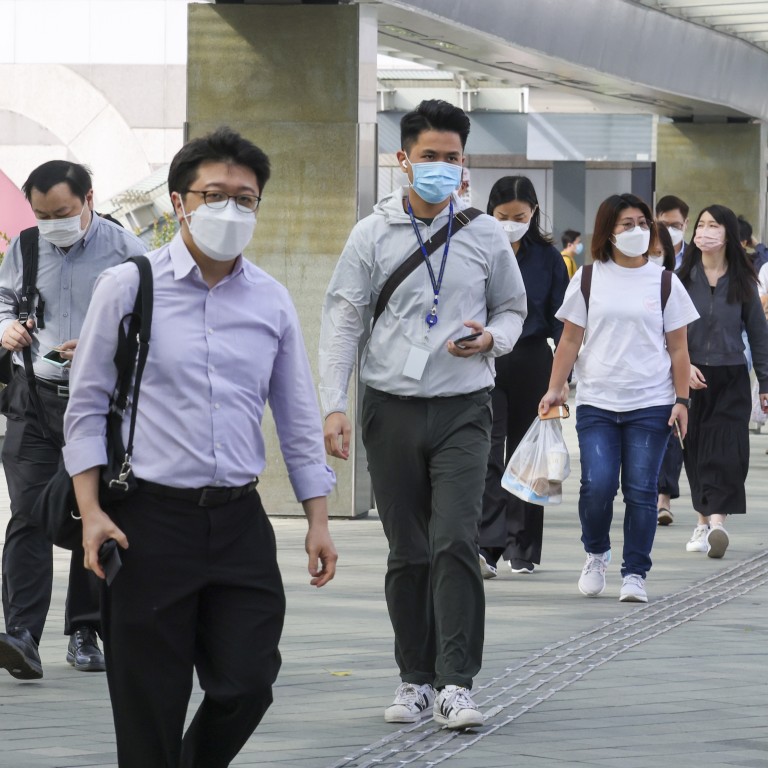
Letters | Hong Kong civil service reform: replace ‘iron rice bowl’ with a contract system
- Readers discuss ways to inculcate a culture of accountability and hard work among Hong Kong’s civil servants and the reaction on social media to a recent Dior creation
The incentives for joining the government are obvious, including a fairly good salary and promotion prospects. Unfortunately, these incentives might also deter civil servants from working hard.
Accordingly, a complete overhaul of government employment and promotion policy is required. Most importantly, the “iron rice bowl” must be replaced by a contract system with a two- or three-year term. Each officer is then assessed on his own merits.
However, the crux of the problem is how to assess technical and professional staff. At present, provided you are following established procedures, the project you manage can overrun or overspend. However, you will not be rewarded for designing a cost-effective project, having it underspend or finishing ahead of schedule.
The main reason for such outcomes is because most projects are now managed by administrative officers who are regarded by government as experts in various fields. Undoubtedly, they have good general knowledge in most fields. However, they are certainly not experts in such specialised fields as buildings and structures.
Vacancies in Hong Kong civil service ‘could be filled by external recruitment’
If necessary, government salaries can be increased to attract staff and compensate for losing the iron rice bowl. To ensure satisfactory functioning in the performance assessment, a committee can be created within the government, comprising experts from existing and retired government staff, outside firms and universities.
If an officer knows that their projects will be properly assessed and awarded, and that a poor performance might see them lose their job, they will be more willing to work hard.
As for the general grade staff, the present system can be basically maintained. Once the supervising technical and professional staff have been geared towards hard work, they will be mobilised accordingly. To further improve the system, firing staff who are performing poorly should be made easier.
Dr Wong Hong-yau, Happy Valley
Dior outrage in China rings hollow
Perhaps, while they fume about Dior’s “shameless” behaviour, they might ask themselves why all the businessmen in China wear a suit, shirt and often a tie instead of a Mao jacket.
Trevor Hughes, Pok Fu Lam

